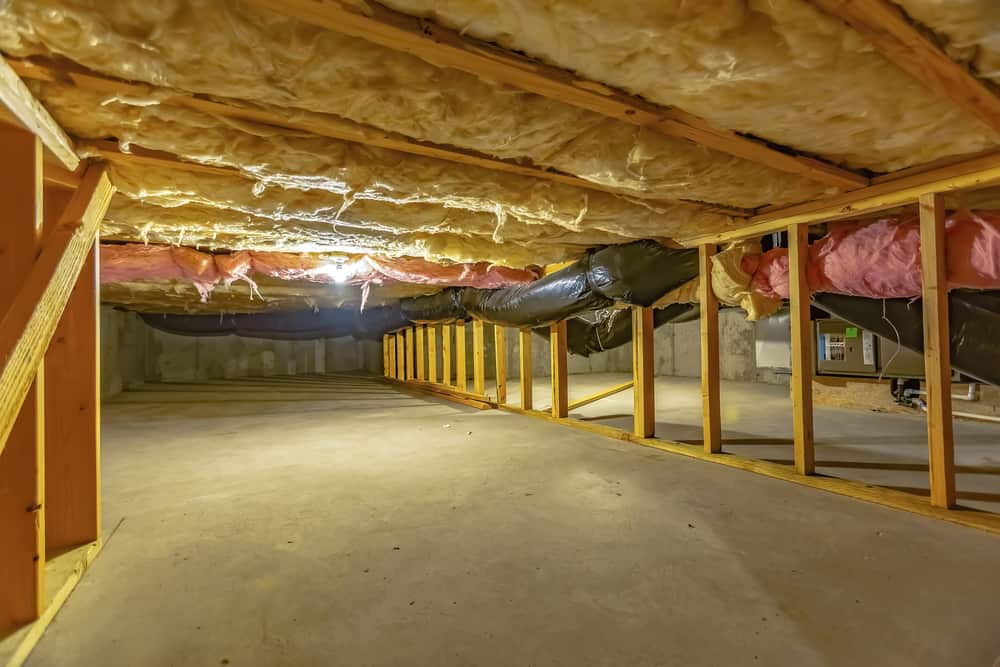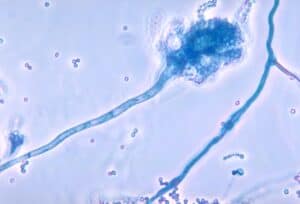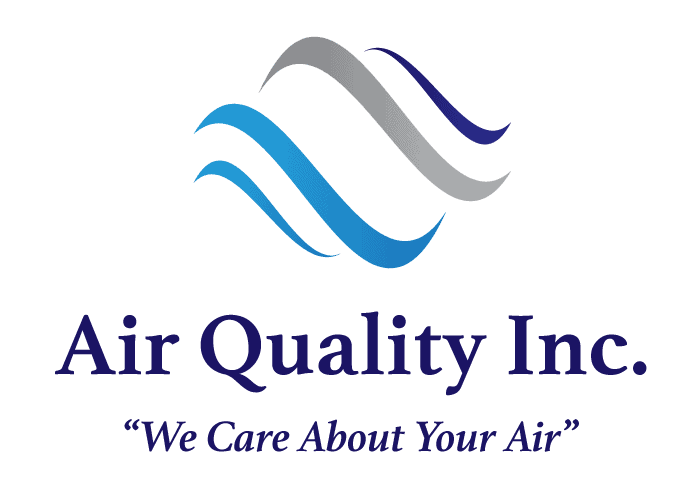It’s no secret that mold affects the air quality in your home. Musty smells are especially unwelcoming. Not to mention that many kinds of mold can cause minor allergy-like symptoms and can be extremely toxic to your health.
We come into contact every day with mold spores, usually when we’re outdoors. Most of the time, the minute amount we breathe in day to day is harmless. However, if you have mold hiding in your home, its effects on you and your family are hazardous.
Mold’s Favorite Hiding Spaces
If you look around the room right now, chances are you don’t see any mold growing. That’s because mold prefers dark, moist hiding places where we don’t commonly spend a lot of time. You are most likely to find mold in these places:
- The crawl space, basement, or attic. It makes sense that mold would call these secluded spaces home. Very little fresh air gets into these areas. They are also the most likely spots to get damp. Crawl spaces and basements hold moisture from the ground. There could also be leaking pipes in these areas. Likewise, attics are rarely visited, and a small leak in the roof or windows could go undetected for months giving mold the ideal environment to grow.
- The bathroom. You know those hot steamy showers you love so much? Well, guess what. Mold loves those too. It can grow in your tile grout and caulk, on your walls and ceiling, and even in your loofa.
- The kitchen. Mold tends to set up camp under kitchen sinks, in the refrigerator, and garbage cans.
How Mold Affects the Air Quality of Your Home and Your Health
Mold can be anywhere, but it is especially dangerous when it goes undetected for long periods and continues to grow. Hidden spaces in your home, like the crawl space, are especially susceptible to mold.
Mold and bacteria contain chemicals or allergens that become airborne particles. When inhaled, they can cause an inflammatory reaction in the respiratory system.
Air quality is now dangerous and can cause uncomfortable and frightening symptoms in our bodies. It may exacerbate asthma or even cause asthma to develop in previously healthy lungs. It can also cause:
- Coughing
- Wheezing
- Shortness of breath
- Respiratory infections
- Bronchitis
- Allergic rhinitis
- Eczema
Removing and Preventing Mold
You can do small things to prevent mold in your home, such as increasing ventilation in bathrooms or regularly checking for leaks under sinks. However, some spaces get missed, and it can be nearly impossible to know if hidden areas have become a home for this dangerous guest. For example, crawl space mold removal can be incredibly challenging to do on your own, and it is not recommended that you do it alone.
That is why it is crucial to get professional help. Getting your home’s air quality tested for mold will eliminate unpleasant smells and protect your family from the harmful effects of mold. Schedule an appointment today with an Air Quality Consultant.




